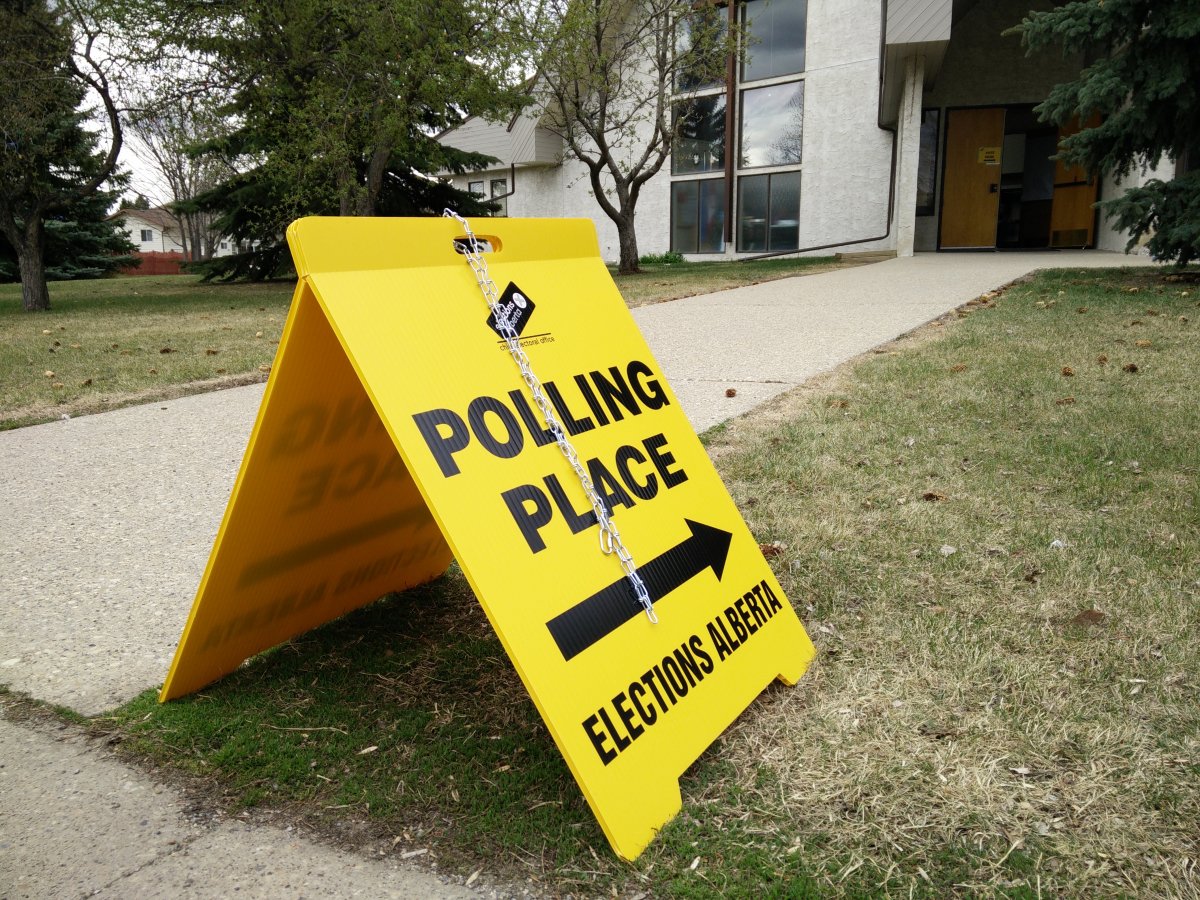OTTAWA — According to the polls, a four-decade political dynasty could be toppled when Albertans visit the ballot box on Tuesday.

According to the polls, a province that is emblematic of rock-ribbed Canadian conservatism is kicking the tires of a potential NDP government.
And according to most observers, Alberta’s election remains anyone’s to win or lose.
So if they can’t even tell us tomorrow’s provincial election outcome, what good are all those political public opinion surveys positing this or that for a federal election that’s still months away?
“Public opinion polls, political polls, are a staple of the democratic process all over the world,” says Darrell Bricker, the CEO of Ipsos Public Affairs which conducts opinion research globally.
“Even in places that may not have clean water and reasonable houses for people to live in or reasonable health care, for some reason they still have public opinion polls.”
The appeal of polls is undeniable.
As much as the political sophisticates sniff at the deluge of political surveys – showering social media criticism on the veracity, methodology, reliability, or significance of any given poll – those measures of the public pulse are nonetheless ravenously consumed.
READ MORE: Questionable reliability of opinion polls hangs over Alberta election
Routine “horse race” polls regularly rank among the most read stories on National Newswatch, a political news aggregation site whose target audience is in the polling sweet spot.
- Iran fires air defences at military base after suspected Israeli drone attack
- Carbon rebate labelling in bank deposits fuelling confusion, minister says
- Conservatives ask interference inquiry judge to rule elections were flawed
- Senator references ‘Trumpian denialism’ in foreign interference debate around China
Over at iPolitics.ca, another politically oriented online news organization, a recent Ekos survey prompted some furious responses.
“(Mainstream media) polling doesn’t measure opinion. It shapes opinion and manufactures consent,” wrote one anonymous commenter.
“Ban polling outright (or at least during the elections). Let people make up their own minds and encourage informed discussion.”
It’s a popular sentiment that gets matters just about directly backwards, say those who study such things.
Social psychologists know humans have a built-in radar for social norms.
“There’s a natural tendency of humans to want to know about what others do, what they think,” says Jon Krosnick, an American expert on public opinion polling and director of Stanford University’s political psychology research group.
“It’s the principle of wisdom of the crowd.”
Being an informed voter requires effort: following the news, talking to your peers and neighbours, listening to candidates and reading campaign literature. Polls help the public condense that process, says Krosnick, while also drawing voters deeper into the political fray.
“Americans, and Canadians as well, love to watch the real-time ups and downs of a sporting event. Polls essentially make campaigns into that,” says the Stanford academic.
In the process, spectators hear the various combatants making their points “in a way that actually enhances everybody’s decision-making.”
“There’s a terrifically positive role for polls in elections.”
READ MORE: Exclusive: NDP poised to win Alberta election, according to poll conducted for Global News
Bricker, a commercial pollster with skin in the game, makes the same argument from a more cynical point of view.
Without proper public opinion research, any political operative can make exaggerated claims of momentum and support – and they do, he says.
Bricker says monied interests – including political parties, but also major industries, banks and other institutional players – will pay for private opinion research, leaving the voting public in the dark.
“When there’s a vacuum of accurate information, then rumours, gossip, lies fill in the blanks.”
His response to those who’d ban the public release of polls during election campaigns? “Please ban them. I can make a whole lot more money if you do.”
But don’t polls create a bandwagon effect?
The idea has been studied extensively, with mixed conclusions.
As Bricker puts it, being the leader or party that appears popular has never hurt a candidate. But public opinion surveys can also make a new, untried option (or a radically different policy approach) appear imminent and real, giving opponents an opening to sow fear of uncertainty and instability. Alberta’s wild campaign has been a case study.
READ MORE: Alberta Election 2015: A look back at the twists and turns of the campaign
“There’s a sense it does have an impact on the campaign and the way people evaluate the candidates, but there’s no consistent pattern to this,” said Bricker.
A number of American studies have tested the perceived bandwagon effect of public opinion research, said Krosnick, and it comes out a wash.
“People move in multiple directions.”


Comments